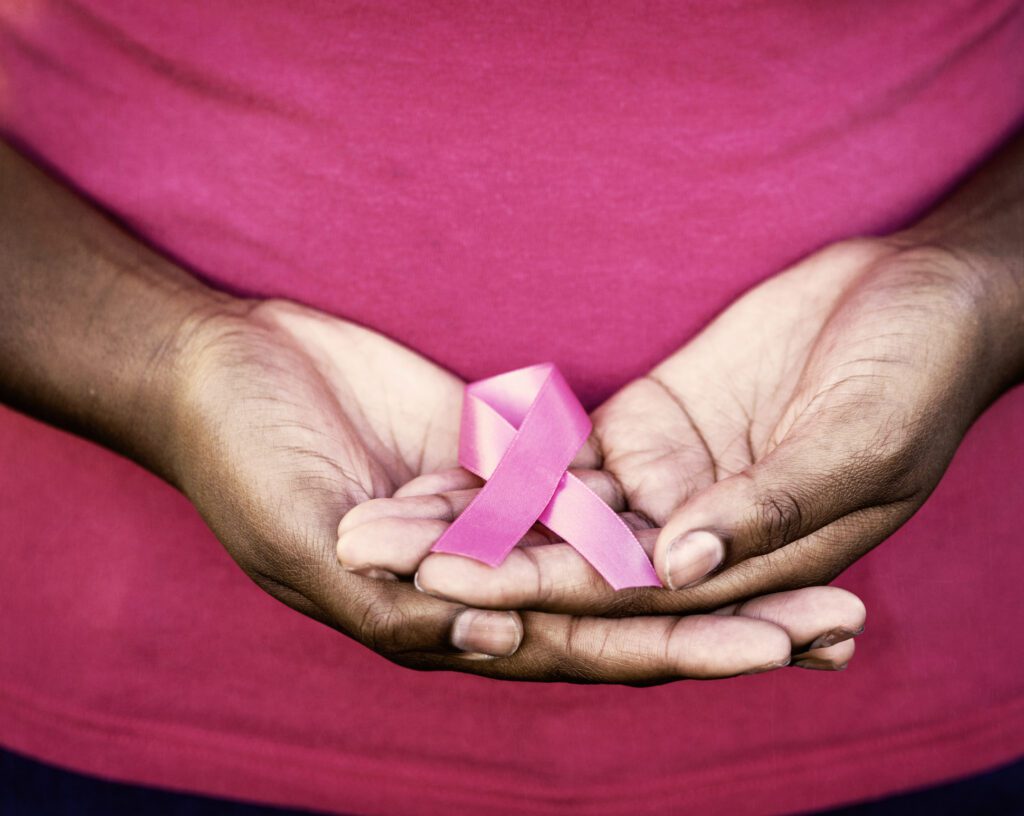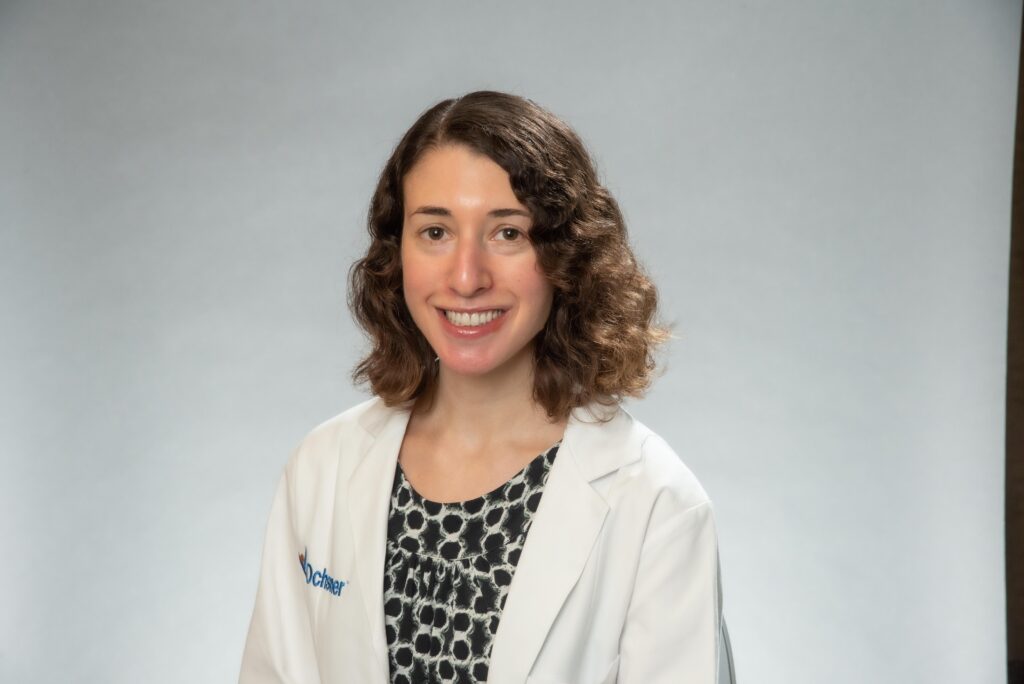Disclosure :: This post is sponsored by Ochsner Health.
Symptoms of Breast Cancer in Women
Breast cancer symptoms vary from person to person, as no two diagnoses are exactly the same. Knowing your risk can help you be proactive with your care. Risk factors include  family history and age. If you are at a higher risk, it is especially important to be alert for typical signs of breast cancer. The most important thing you can do is pay attention to changes in your breasts. If you notice any of the following symptoms, you should get your breasts examined. According to the Centers for Disease Control, there are several symptoms of breast cancer, including the following:
family history and age. If you are at a higher risk, it is especially important to be alert for typical signs of breast cancer. The most important thing you can do is pay attention to changes in your breasts. If you notice any of the following symptoms, you should get your breasts examined. According to the Centers for Disease Control, there are several symptoms of breast cancer, including the following:
- New lump in the breast or underarm (armpit)
- Thickening or swelling of part of the breast
- Breast tenderness
- Irritation
- Burning sensation
- Dimpling of breast skin
- Redness or flaky skin on the breast or around the nipple
- Pulling in of the nipple or pain around the nipple
- Nipple discharge other than breast milk, including blood
- Any change in the size or the shape of the breast
- Pain in any area of the breast
- Scarring, rashes, or moles that were not there before
No two people are the same and, in that way, no breast tissue is typical. Some of the above symptoms can occur for conditions that are unrelated to breast cancer. For example, breast tenderness is also a common symptom of premenstrual syndrome (PMS) and pregnancy. In order to remove any doubt, it is important to get a breast cancer screening. If you experience any symptoms or if you’re just concerned, talk to your doctor. The most dangerous thing you can do is ignore your concerns.
It’s also important to know that some people don’t have any signs or symptoms at all. Routine breast cancer screenings are an important part of early detection in these cases.
Getting A Breast Cancer Screening
If you’ve never had a clinical breast exam, you may wonder what to expect during a breast cancer screening.
- The typical length for a screening, including the mammogram, is about 30 minutes.
- A mammogram is an X-ray of the breast. Mammograms may be a bit uncomfortable for some women, but they are the best way to find cancer early. Having regular mammograms can lower the risk of dying from breast cancer.
- What types of questions are asked during a breast cancer screening?
- Ochsner uses specific questions to assess each patient’s individual breast cancer risk.
- The questions may include:
- How old were you when you had your first period?
- What is your height and weight?
- What is your childbearing history and menopause status?
- Are you currently on hormone replacement therapy?
- Do you have a family history of breast or ovarian cancer?
When to start annual screening mammograms may be different depending on certain risk factors.
- The Centers for Disease Control states that women who are 50 to 74 years old and are at average risk for breast cancer should get a mammogram every two years.
- Women who are 40 to 49 years old should talk to their doctor or other health care professional about when to start and how often to get a mammogram.
- For those who are younger and have a higher risk due to family history of breast cancer and other cancers, screening is recommended to begin at 25 years old or 10 years before the age of the earliest affected relative in your family.
- If you are younger and you’re experiencing symptoms of breast cancer without a prior family history, talk to a healthcare professional about your concerns.
To learn more about cancer screenings at Ochsner Health, visit ochsner.org/cancer-screenings.
About the author
Dr. Jeanette Kovtun, MD, earned her medical degree from Harvard Medical School in 




















